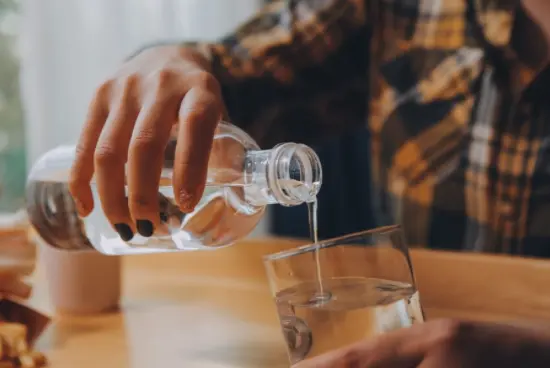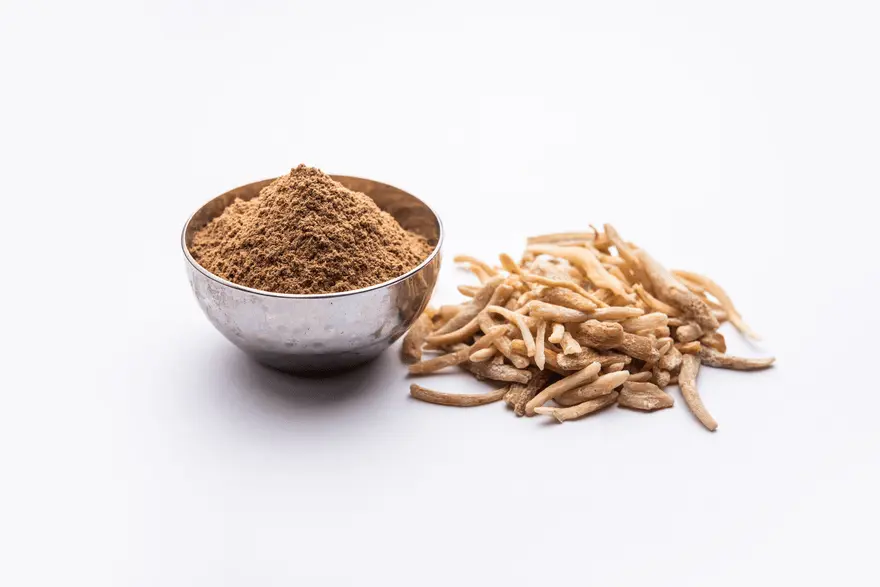Preventive Healthcare
Polydipsia: Understanding Excessive Thirst and Its Underlying Causes
188 Views
0

Have you ever felt an unquenchable thirst that persists no matter how much water you drink? This condition, known as polydipsia, or excessive thirst, can be a symptom of various underlying health issues. While it's normal to feel thirsty after exercise or on a hot day, persistent and unexplained thirst can be a cause for concern. In this article, we'll explore the causes, symptoms, and treatment options for polydipsia, helping you understand when it's time to seek medical attention.
What is polydipsia?
Polydipsia is a medical term that describes an increased feeling of thirst, leading to excessive fluid intake. It often goes hand in hand with polyuria, which is the production of an abnormally large volume of urine. While polydipsia itself is not a disease, it can be a symptom of various underlying medical conditions that affect the body's ability to regulate fluid balance.
What causes excessive thirst?
Several factors can contribute to the development of excessive thirst:
- Diabetes mellitus: High blood sugar levels in diabetes can lead to dehydration, triggering thirst.
- Diabetes insipidus: A condition that affects the body's ability to regulate fluid balance, causing excessive urination and thirst.
- Dehydration: Illnesses, excessive sweating, vomiting, or diarrhea can cause dehydration, leading to thirst.
- Medications: Certain medications, such as diuretics and antipsychotics, can cause dry mouth and increased thirst.
- Chronic stress or anxiety: Psychological factors can sometimes contribute to excessive thirst.
What's causing my excessive thirst at night?
If you find yourself waking up frequently at night with an unquenchable thirst, it could be due to:
-
Uncontrolled diabetes: Both diabetes mellitus and insipidus can cause nocturnal polyuria and polydipsia.
-
Sleep disorders: Conditions like sleep apnea can disrupt normal bodily functions, leading to increased thirst.
-
Medications: Some medications taken before bedtime may cause dry mouth or increase urine production.
What can we do at home to treat polydipsia?
The treatment for polydipsia depends on the underlying cause. However, some general steps you can take at home include:
- Stay hydrated: Ensure you're drinking enough water throughout the day, especially if you're experiencing excessive thirst.
- Monitor your fluid intake: Keep track of how much you're drinking, and if it seems excessive, consult your healthcare provider.
- Manage underlying conditions: If you have diabetes or other health issues, work with your doctor to keep them under control.
How can polydipsia be prevented?
Preventing polydipsia involves addressing the root causes:
-
Maintain a healthy lifestyle: Eat a balanced diet, exercise regularly, and manage stress to prevent dehydration and excessive thirst.
-
Manage chronic conditions: If you have diabetes or other health issues, follow your treatment plan to keep symptoms under control.
-
Stay hydrated: Drink water regularly, especially during hot weather or exercise, to prevent dehydration-related thirst.
When should polydipsia be treated by a doctor?
It's important to seek medical attention if:
- Your excessive thirst persists or worsens over time.
- You have other symptoms like fatigue, unexplained weight loss, or blurred vision.
- You have a family history of diabetes or other endocrine disorders.
- Your thirst is accompanied by polydipsia and polyuria (excessive urination).
What are the complications of polydipsia?
If left untreated, polydipsia can lead to several complications:
-
Dehydration: Despite increased fluid intake, you may still become dehydrated if your body is losing fluids faster than you can replace them.
-
Electrolyte imbalances: Drinking too much water can dilute essential electrolytes in your body, leading to imbalances.
-
Kidney strain: Chronic polyuria associated with polydipsia can put extra strain on your kidneys over time.
What test will be done for polydipsia?
To diagnose the underlying cause of polydipsia, your doctor may recommend:
- Blood tests: to check for diabetes, electrolyte imbalances, and other endocrine disorders.
- Urine tests: To assess kidney function and check for signs of dehydration or diabetes.
- Water deprivation test: In some cases, this test may be done to diagnose diabetes insipidus.
How much water a day would be considered polydipsia?
While individual fluid needs vary, polydipsia is generally defined as:
-
Drinking more than 3L (100 oz) of fluids per day for men.
-
Drinking more than 2.2L (74 oz) of fluids per day for women.
However, it's important to note that these are just general guidelines, and excessive thirst should always be evaluated by a healthcare professional.
How do doctors treat polydipsia?
The polydipsia treatment depends on the underlying cause:
-
For diabetes mellitus: Managing blood sugar levels through medication, diet, and lifestyle changes.
-
For diabetes insipidus: treating the underlying cause and using medications like desmopressin to control thirst and urine output.
-
For psychogenic polydipsia: Addressing underlying mental health conditions through therapy and medication.
Conclusion
Polydipsia, or excessive thirst, can be a distressing symptom that significantly impacts your daily life. By understanding the various causes, symptoms, and treatment options for polydipsia, you can take steps to manage your thirst and prevent potential complications. If you experience persistent excessive thirst, along with other symptoms like polydipsia and polyuria, it's crucial to consult your healthcare provider for a proper diagnosis and personalised treatment plan.
At Metropolis Healthcare, we understand the importance of accurate diagnosis in managing conditions like polydipsia in diabetes and other disorders. Our team of experienced phlebotomists offers convenient at-home blood sample collection, ensuring your tests are processed promptly at our state-of-the-art labs. With a commitment to delivering reliable results and personalised care, Metropolis Healthcare empowers you to take control of your health and well-being.























 WhatsApp
WhatsApp